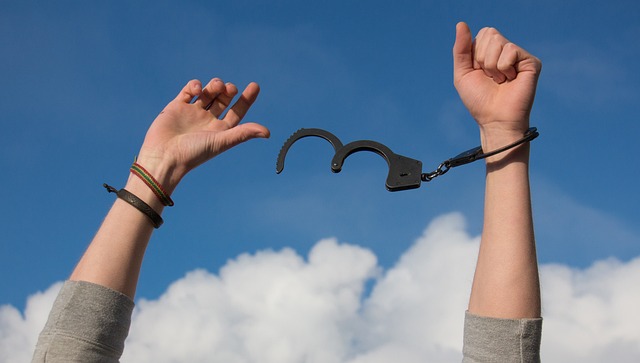Drug rehab has come a long way from its hay-day when rehabs mainly just involved a room and a bed to sleep in. Nowadays, drug rehab centers offer plenty of different types of therapy to help you overcome your drug addiction.
In this guide, we’re going to review the types of drug treatment that you can expect to find in a rehab facility. We’ll also identify some key differences in each type of drug rehab treatment.
Inpatient Rehab
Inpatient rehab treatment requires people to stay in a residential facility for a pre-determined period of time. During this time, individuals will receive comprehensive treatment. Healthcare providers will address their mental, physical, and emotional needs.
This type of treatment can include:
- individual counseling
- group therapy sessions
- family counseling
- recreational activities
- medical care
- addiction education
Typically, individuals who choose inpatient rehab will also be connected to 12 step programs and other forms of peer support. Some programs also incorporate holistic approaches. This includes yoga, art therapy, and nutrition counseling.
Inpatient rehab provides a safe and secure environment in which people can focus their energy on recovery. The facility provides 24-hour access to medical support and access to a continuum of care. It also limits external stressors that could trigger substance use.
Outpatient Rehab
This type of treatment helps individuals to stay independent while receiving treatment. It allows them to receive treatment without necessarily having to stay in a residential facility.
Outpatient rehab focuses on the individual’s lifestyle, reducing stress, and improving relationships. It also teaches life skills necessary to remain drug-free. Treatment typically includes:
- counseling
- therapy
- support groups
- educational classes
Outpatient rehab enables the individual to transition back into their everyday life. The goal is to improve the patient’s coping skills that help prevent relapse.
This type of rehab develops an individualized treatment plan that addresses the unique needs of each individual. It offers an effective, convenient way for them to commit to long-term recovery from their addiction.
Detoxification
Detoxification is a type of drug rehab treatment that involves gradually removing substances from the body. It is often the first step in a comprehensive drug treatment program.
Detoxification helps the body rid itself of physically addictive substances. At the same time, managing potential withdrawal symptoms.
Traditional detoxification consists of medications that replace the abused substance with safe medications. This is necessary in order to minimize the discomfort of withdrawal. At the same time allowing the body to cope with the substance being removed.
Treatment with Medication
Treatment with medication is one of the most prominent methods of drug rehab. It is oftentimes most successful in helping a patient achieve sobriety.
Medication-assisted treatments (MAT) provide long-term solutions for drug addiction. It reduces the urge to consume the drug by blocking pleasure receptors.
Additionally, medications may be used to counteract the symptoms of withdrawal. This makes the process easier for the recovering addict. MAT helps to optimize the patient’s response to psychological and behavioral therapies in the context of rehab.
Teenagers are not exempted to drug addiction. If you know someone who needs help, call your local teen drug rehab center for the best treatment for them.
Types of Drug Rehab Treatment
Drug rehab treatment provides individuals the opportunity to stop using and heal from the effects of substance abuse. Speak to a healthcare provider to determine the best and most effective type of rehab treatment for you. Take a life-changing step and start the recovery process today!
We have plenty of informative articles available to you throughout our site. Check them out!

